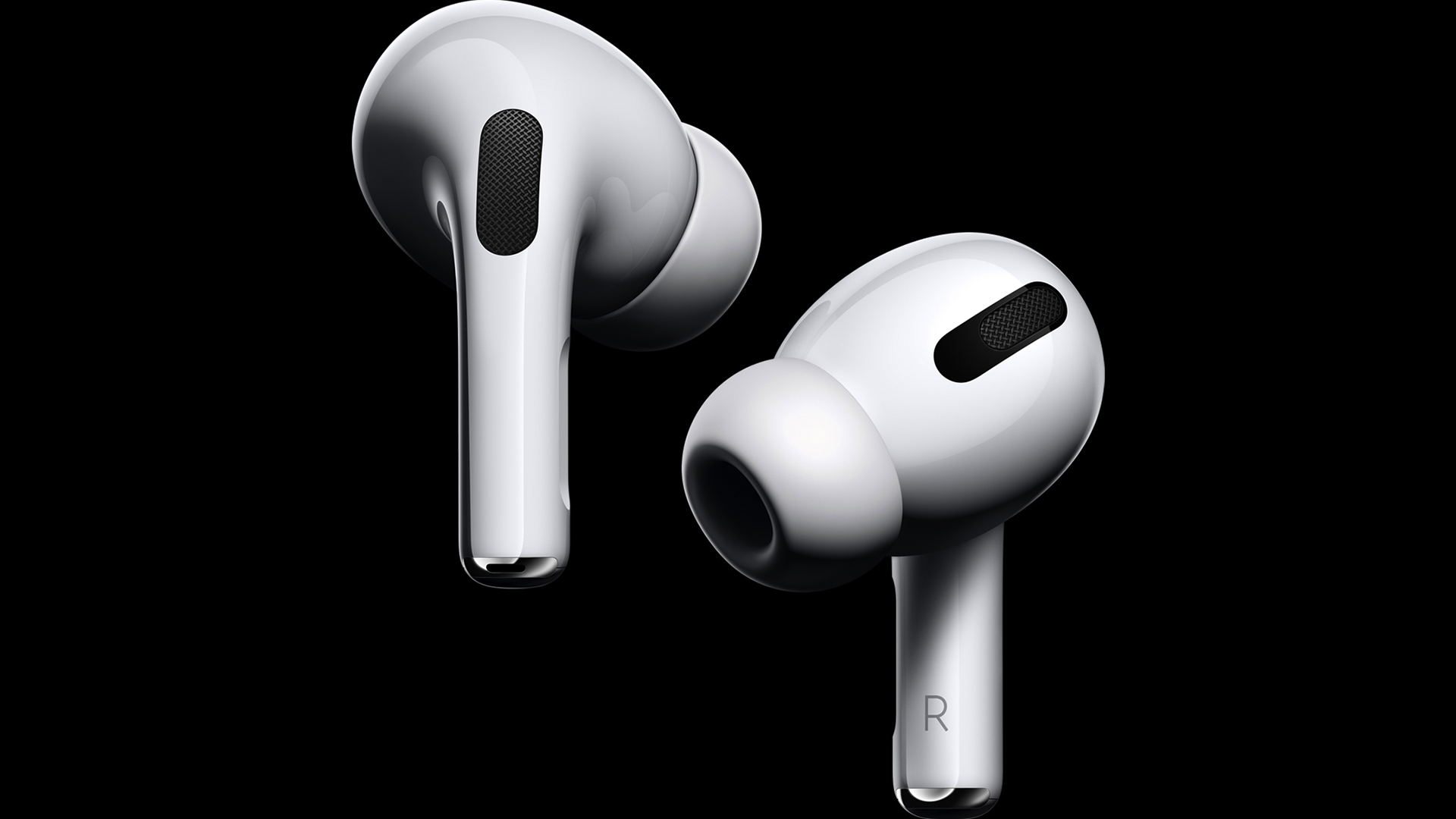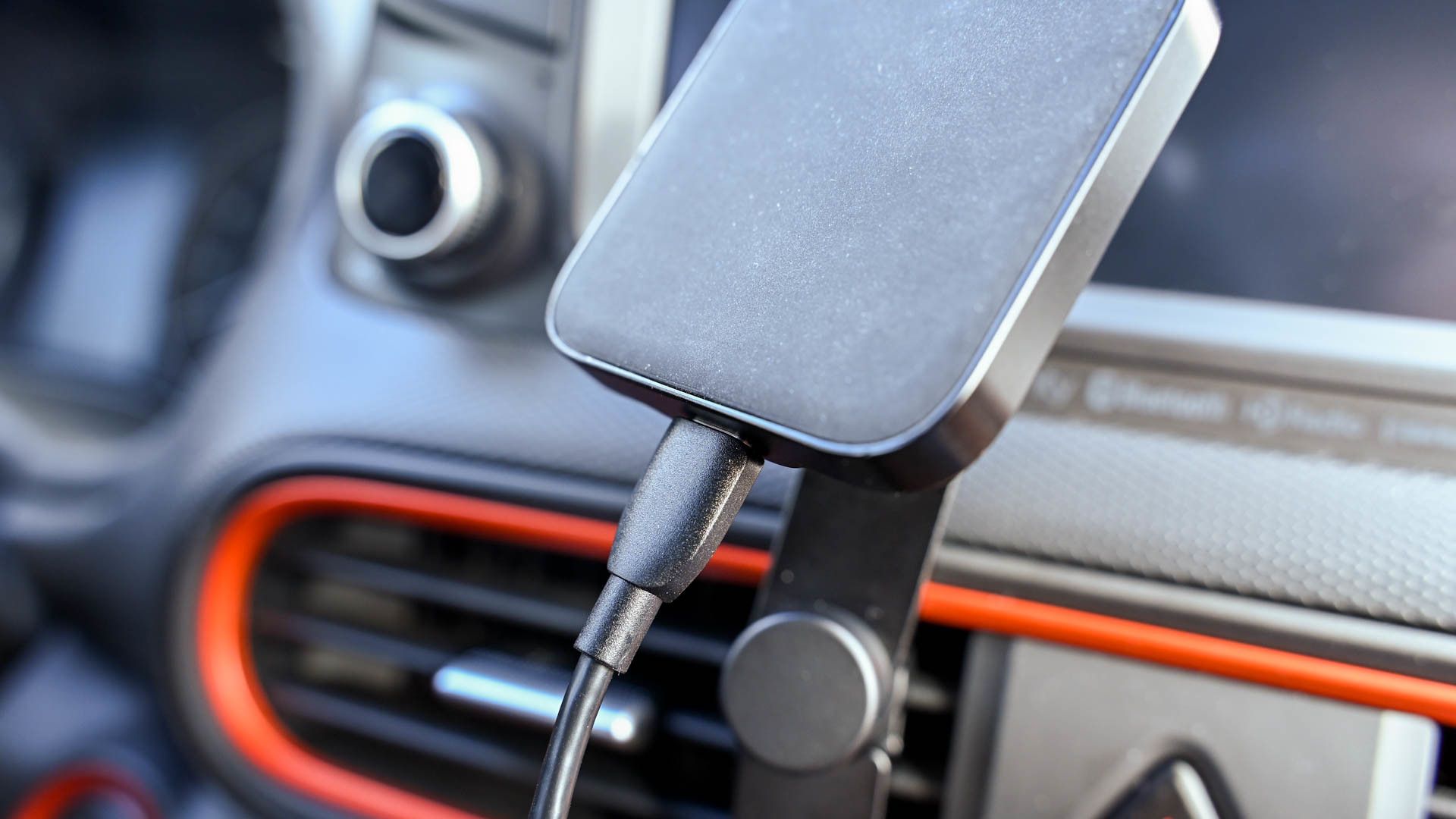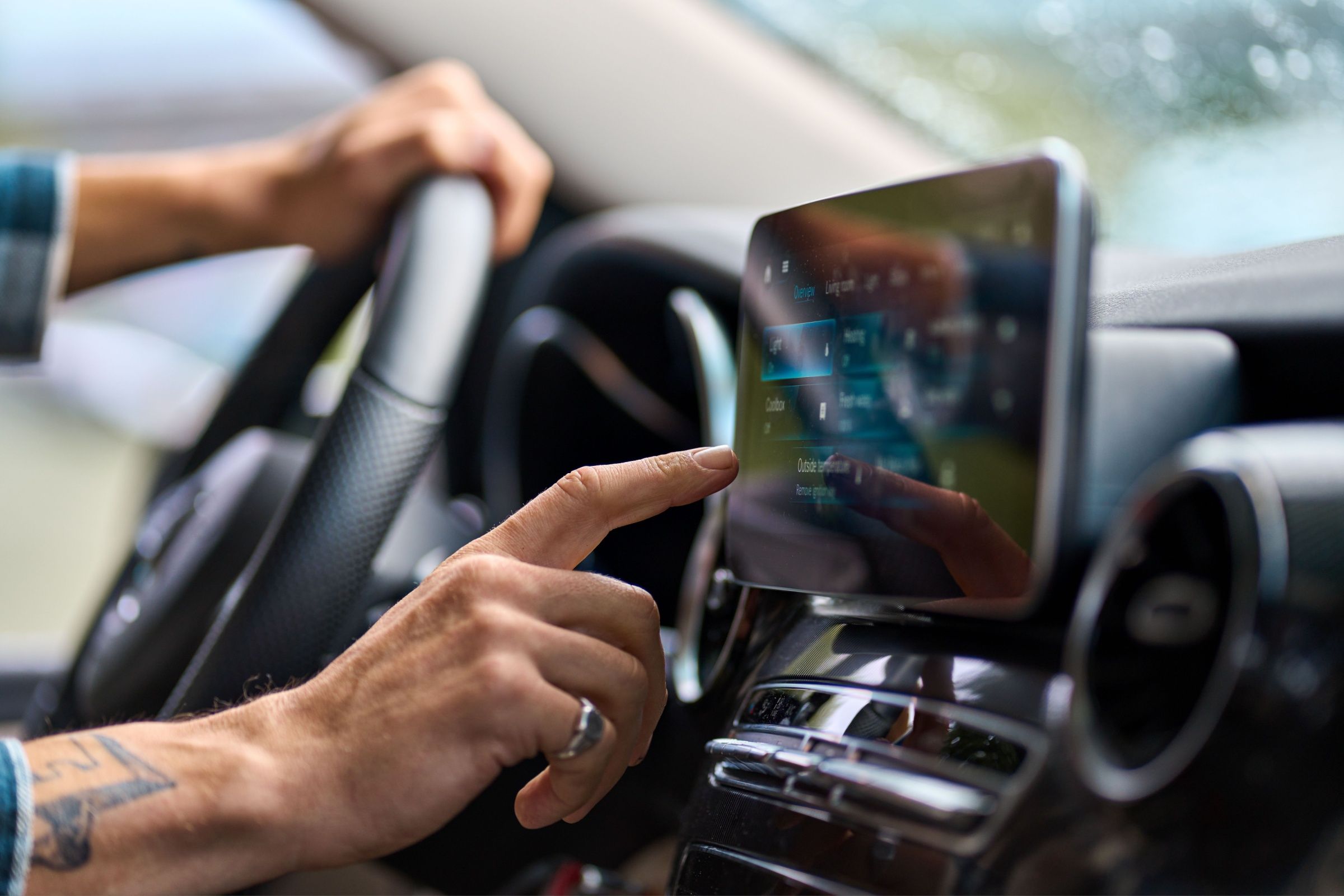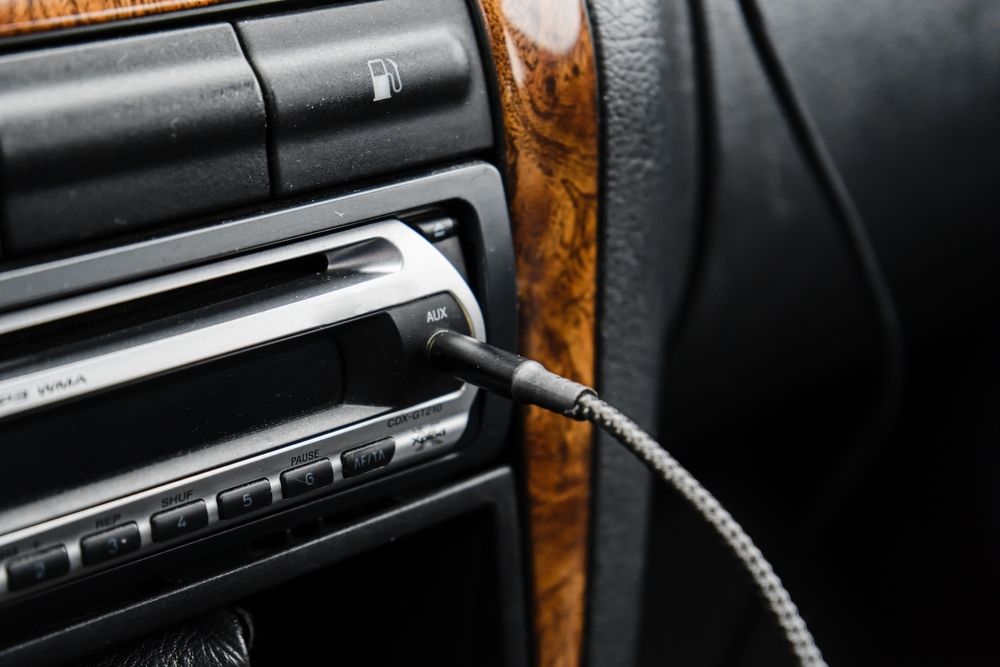Bluetooth is pretty much omnipresent these days. It’s in our phones, our headphones, and yeah, even our cars. It’s supposed to be the ultimate convenience, but why do I still often reach for an aux cable instead?
Beyond nostalgia, there are some real, practical reasons behind my choice.
An Aux Cable Eliminates Bluetooth Pairing Delays
One thing that drives me crazy about Bluetooth is the whole song and dance of pairing, reconnecting, and praying it actually works without hiccups. Every time I get in my car, I have to wait for my phone to recognize the Bluetooth connection, then hope that the audio actually routes properly.
Sometimes, it connects but refuses to play sound. Other times, though very rarely, it pairs but decides to use my phone’s speakers instead of the car’s. Then there’s the very vexatious “Bluetooth is still connecting” message when I’m already halfway down the street. If I’m in a rush (which I usually am), I don’t have time to sit there waiting for my car and phone to work out their relationship issues.

Related
I Hate Bluetooth Audio: Here’s Why
Bluetooth audio is often the worst alternative to a mess of wires. But here we are, forced to use Bluetooth.
Contrasting this with using an aux cable, there’s none of that balderdash. There’s no waiting, troubleshooting, or ferreting through menus to reconnect manually. I plug in the cable, hit play, and my music or podcast starts immediately.
Switching Between Devices Is Easier with an Aux Cable
When I’m in the car with my folks, and we want to switch from playing music on my phone to, say, a friend’s device, an AUX cable makes it straightforward. We can easily disengage one and plug in the other. We don’t have to deal with the pairing process, wait for the car to recognize a new device, or navigate through confusing menu systems.
There’s something beautifully old-school about that corded connection—it’s instinctive, like muscle memory. The AUX cable becomes this almost sacred baton of DJ power, passed from hand to hand without a single word.

Related
8 Tech Accessories That Make My Car Life Easier
Want to enjoy your car more? These accessories may be what you need.
Bluetooth Compression Degrades Audio Quality
Most Bluetooth connections don’t send your music in its pure form. They use something called a codec—a set of rules that decide how to shrink the audio so it can travel faster. The problem with this shrinking is that it means cutting, and cutting means losing something. The default codec on most devices, SBC (Sub-band Codec), is like packing a suitcase by shoving in whatever fits and leaving the rest behind. It strips away fine details, making the music sound flatter and less alive.
Now, some will argue that modern codecs like aptX, AAC, or LDAC improve Bluetooth sound. And they do, in some truth, to a degree. AptX, for instance, reduces lag and preserves more detail, while LDAC can push higher bitrates.
But even at their best, these codecs still involve compression, meaning they can’t perfectly replicate the original sound. And then there’s the issue of lag. Bluetooth has an inherent delay because it needs time to process, compress, transmit, and then decompress the audio before you hear it.
While it’s barely noticeable for casual listening, this lag can make a difference in situations where perfect timing matters, like watching videos or playing games while you are parked.

Related
Bluetooth Headphones vs. Wired: Pros and Cons of Each Setup
Do you want to deal with tangled cords or hear the dreaded low battery beep?
A wired aux connection, on the other hand, doesn’t have this problem. It delivers the unadulterated, uncompressed audio signal directly to your car’s speakers with no delay and just pure sound.
Some Apps and Features Work Better Over Aux
Over the years of connecting to my car’s Bluetooth system, I know for a fact that some apps just don’t play nicely with Bluetooth. One for sure is noticing my GPS voice cuts in half a second too late, which is a result of Bluetooth latency. It’s small, but it matters when you’re barreling toward a confusing five-lane split and Google Maps says, “Turn—wait, recalculating.” An aux connection sends that audio instantly. When you’re driving, that difference isn’t just annoying—it can be dangerous.
I also notice voice memos or recording apps behave better over aux. If you’ve ever tried to record an idea quickly while driving—maybe a melody, maybe a voice note—the car’s Bluetooth mic can muffle and distort your voice, or worse, not engage at all. Aux doesn’t route anything through your car’s mic or system. It just plays your phone’s audio, exactly as-is.
Volume normalization is another weird one. I’ve heard a bunch of people say some car Bluetooth systems override their phone’s volume control. That means you’ll crank your phone to the max, but your car decides to keep things quiet—or vice versa. Regardless, with aux, what you hear is what you set.
So, while tech keeps racing ahead with wireless everything, sometimes the old-school ways still hit just right. Sure, Bluetooth is convenient in theory—no cables, automatic connections, hands-free everything—but in practice, it often feels like an unnecessary struggle. But I’ve found that sometimes the simplest solution, the aux cable, is still the best one.
But hey, that’s just me. What about you? Do you still use an aux cable, or have you fully embraced Bluetooth despite its quirks?







